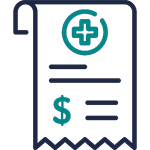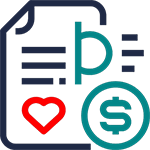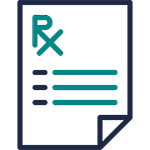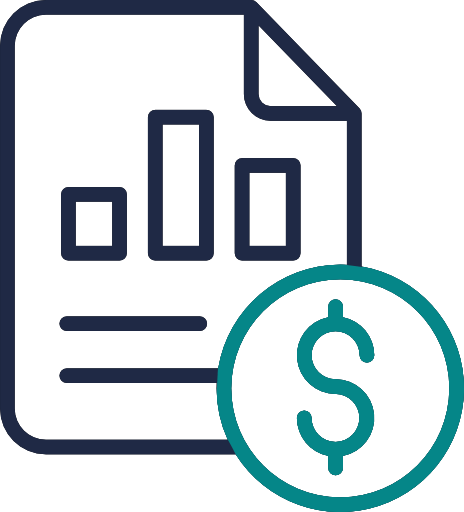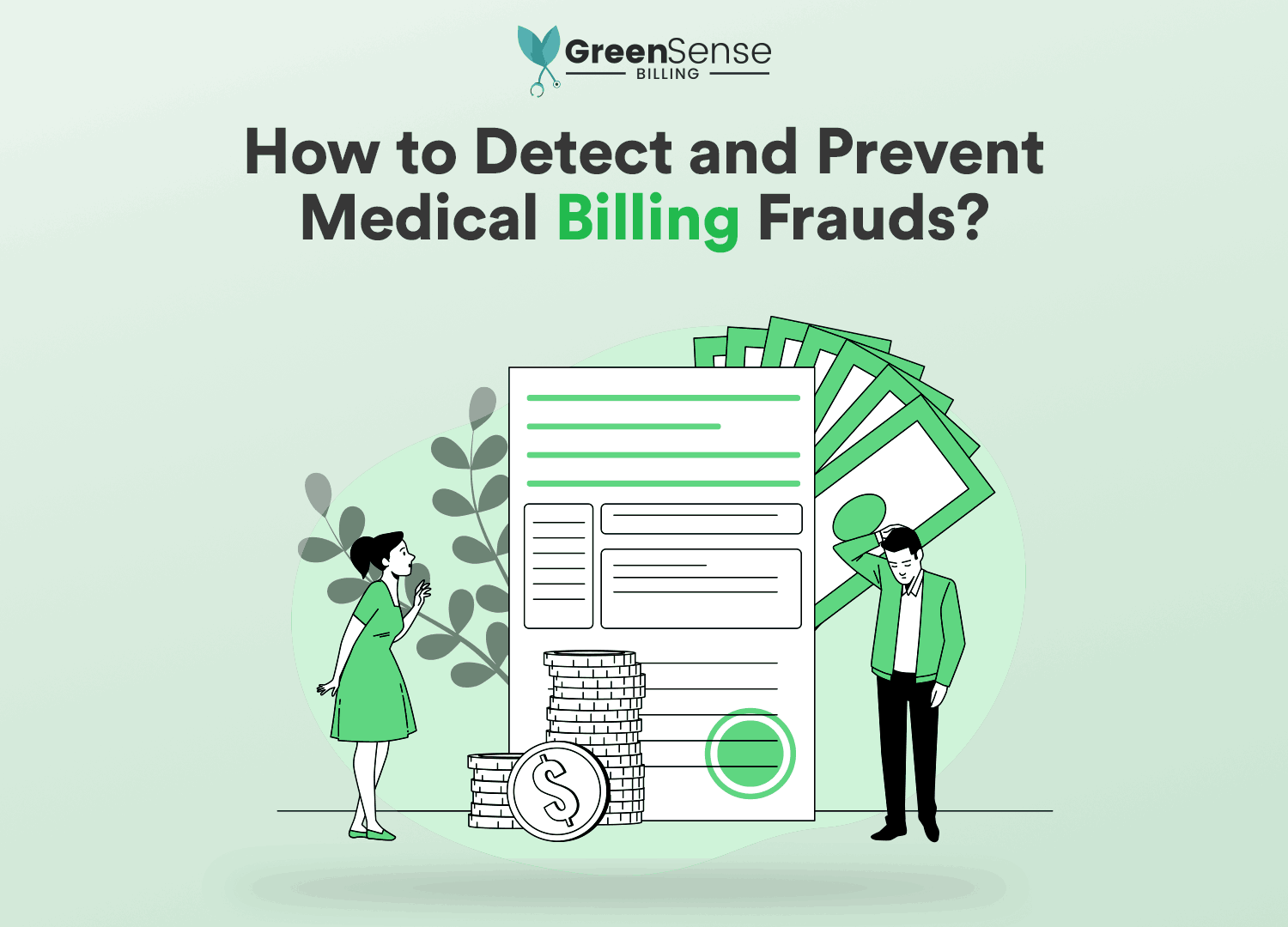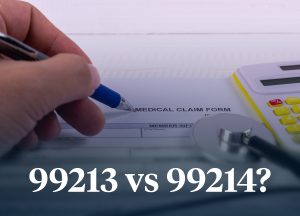Have you ever considered the impact of medical billing fraud on your healthcare practice?
Medical billing fraud is a growing concern in the healthcare industry, posing significant challenges to healthcare providers, billing staff, and clinics. Not only does it erode trust between providers and patients, but it also has severe financial consequences.
In this article, we will delve into the nuances of medical billing fraud, its various forms, and effective strategies for prevention.
Understanding Medical Billing Fraud
Medical billing fraud is often a deliberate attempt by healthcare providers or billing staff to manipulate billing processes to their advantage, resulting in wrongful financial gain.
Some common forms of medical billing fraud includes:
-
Double Billing
billing occurs when healthcare providers submit multiple claims for the same service, leading to overcharging patients and insurers for the identical service.
-
Phantom Billing
Phantom billing in healthcare is a deceptive practice where healthcare providers bill patients for services or supplies they never received during their visit. Basically it is billing for services not rendered, causing financial losses and eroding trust.
-
Unbundling
Unbundling involves submitting separate bills for individual components of a bundled service, inflating costs and potentially leading to higher expenses for patients and insurers.
-
Upcoding
Upcoding is a fraudulent practice where healthcare providers bill for a more expensive service than what the patient actually received, potentially resulting in insurance fraud and excessive charges.
Recognizing the Red Flags
To effectively combat medical billing fraud, healthcare providers and billing staff must be vigilant in recognizing the signs and red flags associated with fraudulent activities. Here are some key indicators to watch out for:
Inconsistencies in Billing Records
One of the most apparent red flags is inconsistencies or discrepancies between patient records and billed services. These irregularities can be indicative of fraudulent billing practices.
Unusual Billing Patterns
Frequent, repetitive billing errors or patterns that seem out of the ordinary may signal intentional fraud. Providers should closely monitor billing patterns for any signs of irregularities.
Complaints from Patients
Patients can play a crucial role in identifying billing fraud. If patients report unfamiliar charges on their bills or express concerns about the accuracy of their invoices, these complaints should be taken seriously and investigated promptly.
Let’s examine a real-life case study that highlights the gravity of medical billing fraud. In a high-profile case prosecuted under the Federal False Claims Act healthcare provision, a hospital was penalized for millions of dollars due to upcoding and phantom billing. This case underscores the legal and financial repercussions of engaging in hospital billing fraud.
Prevention Strategies
Preventing medical billing fraud requires a proactive approach and the implementation of robust strategies. Here are some effective prevention measures:
-
Implementing Robust Verification Processes
Regular internal audits are essential to detect any inconsistencies or errors in billing records. These audits can help identify potential issues before they escalate.
-
Training Staff
Education is key. Staff members should be well-trained in the intricacies of different types of healthcare frauds and ethical billing practices. This knowledge empowers them to recognize and prevent fraudulent activities within the organization.
-
Creating a Transparent Billing Environment
Transparency in billing is crucial. Patients should be kept well-informed about their treatments and associated costs. Clear communication helps build trust and reduces the likelihood of billing disputes.
-
Whistleblower Policies
Institute whistleblower policies within your organization that encourage staff to report any suspicions of false medical billing. Creating an environment where employees can report fraud without fear of retaliation is essential for early detection and prevention.
-
Legal Considerations
Understanding the legal landscape surrounding medical billing fraud is vital. The Federal False Claims Act healthcare provision imposes severe penalties on healthcare providers found guilty of knowingly submitting false claims. It’s imperative to be aware of the legal implications and consequences associated with fraudulent billing practices.
-
Engaging with Patients
Empowering patients with knowledge is a proactive step in preventing medical billing fraud. Healthcare providers should educate patients on common medical billing scams and what to look for in their bills. By working collaboratively with patients, providers can reduce the risk of medical bill fraud and build stronger patient-provider relationships.
-
Reporting and Addressing Fraud
If you suspect fraudulent activity within your healthcare practice, it’s crucial to know how to report it. Promptly contact the relevant authorities or insurance providers to report false medical billing. Timely reporting can help address the issue and prevent further financial harm.
Conclusion
In conclusion, medical billing fraud is a pervasive issue that demands attention and action from healthcare providers, billing staff, and clinics. By understanding the various types of medical frauds, recognizing red flags, and implementing effective prevention strategies, healthcare organizations can safeguard their reputation, financial stability, and the trust of their patients. Remember, the health of your practice depends not just on the care you provide but also on the ethics and accuracy of your billing practices. Stay vigilant, stay informed, and protect your practice from the detrimental effects of hospital billing fraud.
FAQs
What is medical billing fraud, and why is it a concern for healthcare providers?
Medical billing fraud involves intentionally deceptive practices in billing for medical services, such as charging for services not provided or upcoding. It is a significant concern for healthcare providers as it can lead to financial losses, damage to reputation, and legal repercussions.
How can healthcare providers recognize potential medical billing fraud within their practice?
Providers can recognize potential fraud by looking for red flags, including inconsistencies in billing records, unusual billing patterns, and patient complaints about billing accuracy. Regular internal audits and staff training are also effective in detection.
What are the legal consequences of engaging in medical billing fraud?
Engaging in medical billing fraud can have severe legal consequences. Under the Federal False Claims Act healthcare provision, healthcare providers found guilty of knowingly submitting false claims can face substantial penalties, including fines and legal action.
What steps can healthcare providers take to prevent medical billing fraud?
Prevention measures include implementing robust verification processes, training staff in ethical billing practices, creating a transparent billing environment for patients, and instituting whistleblower policies to encourage staff to report suspicions of fraud.
How can patients protect themselves from falling victim to medical billing scams?
Patients can protect themselves by staying informed about common medical billing scams, reviewing their bills carefully, asking questions about any unfamiliar charges, and reporting any suspicions to their healthcare provider or insurance company. Open communication with healthcare providers is essential.

